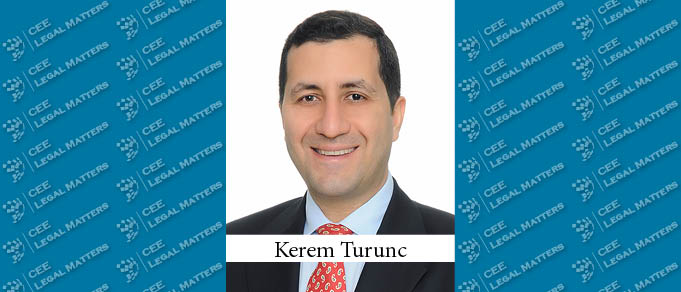Inflation, currency depreciation, and low foreign currency reserves might lead to early elections in Turkey, but Turunc Partner Kerem Turunc chooses to focus on the positives: the buzz around the startup scene in the country.
That buzz comes down to two reinforcing factors, according to Turunc: “a lot more startup activity than there used to be and significantly more investment than in the past.” The capital is both local and cross-border, he notes, with Turkey home to what is becoming a competitive indigenous startup and VC market. “There are a lot of regulated funds in the market, many more than there used to be. Also, a very large number of startups, with many becoming incredibly successful across different sectors such as fintech, eCommerce, health, and gaming, so it’s not a one-trick pony either,” he adds.
And he highlights one subsector in particular: “Turkey has created multiple gaming studio unicorns, with a lot of up-and-coming game developers as well. It’s truly something the country can be proud of, especially since successful operations bring in more capital, so more people want to go into gaming. Which in turn creates more opportunities for investment, and so on.” Turunc does note it’s not all fun and games, however. “While the barriers to entry are quite low,” according to him, “there is also very little room for mistakes, as gamers will drop you like a hot potato if you miss the target. It’s a highly competitive market. Still, if you succeed you stand to make a killing, as the economies of scale are there.” He strongly believes that startups should, in such a crowded market, focus on innovating and having a different approach. “Is there a shortage of money in Turkey compared to the size of the market? Sure, you could say that. VC funds go through hundreds of startups before investing in a handful. It all comes down to distinguishing yourself from the competition, whether by building a better mousetrap or in some other way, he says.”
The other big thing when it comes to tech in Turkey, according to Turunc, is crypto, with the country expecting a new law on crypto-assets for some time now. “In light of the current situation,” he notes, “that piece of legislation is expected to be passed in the near future.” And while he doesn’t expect it will solve every problem, “as crypto is a developing industry everywhere in the world,” he says solid legislation is still much better than no legislation at all. Crypto assets were unregulated in Turkey until recently, he adds, “when crypto payments using payment service providers were banned, but trading and holding these assets is fine.” The key, according to him, is how these assets will be defined – whether as securities or another type of regulated asset. "That will, in turn, determine which agencies’ purview they will fall under as well as the specifics of how they will be issued.”
Finally, against the backdrop of regional inflation, Turunc says Turkey still faces currency depreciation, “with its foreign currency reserves probably at an all-time low.” With those issues compounded, Turunc says he is not optimistic about Turkey’s economic outlook in the coming year. “Under the circumstances, with elections normally scheduled for next year, the incumbent might be inclined to hold early elections in 2022.”
















